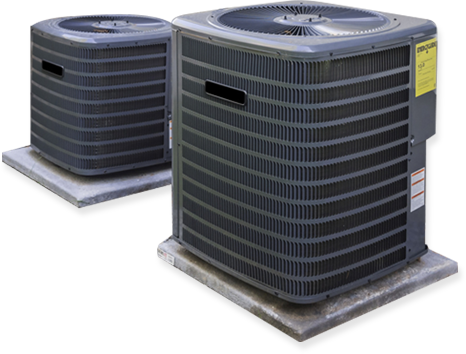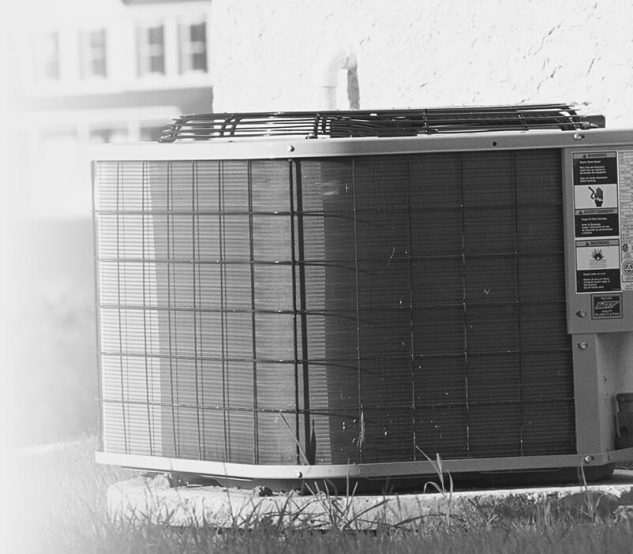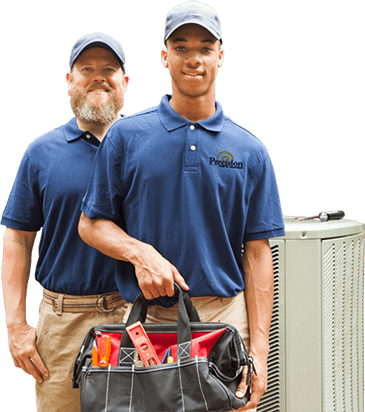After a long, cold winter season the springtime can be a lovely change. Having the warmer weather where you can actually open up the windows in your home and let in that fresh air is something we all tend to look forward to. While you’re airing out and cleaning your home, it’s also a good time to prepare your HVAC system for the hot summer months to come.
It’s important to realize that you need to take proper care of your HVAC system in order to keep the air quality in your home fresh. Otherwise, you will be dealing with airborne allergens that can make those in your home with allergies unhealthy. With a clean HVAC system, you can be assured to keep your air quality high, energy bills low, and air conditioning repair costs to a minimum. To ensure your system gets cleaned appropriate, we encourage you to use the helpful checklist below.
Ventilation Cleaning
The ducting or ventilation system that runs throughout your home can drastically alter the air quality your home receives. It’s highly recommended that you get your ducts cleaned at least every five years by a professional. Most HVAC providers will offer this ventilation cleaning as part of their regular tune-up maintenance program. They can even offer to do an air quality test and an air-tightness test which can alert you of any issues that may currently be present with your home’s HVAC system.
Change The Air Filters
Many homeowners simply don’t realize just how big of an impact an air filter has on the quality of air in their home. We want you to realize that if your system has a dirty air filter, it’s just pushing around dirty air throughout your home. In addition, when the air filter becomes blocked with dirt and another residue, it makes it much more difficult for the air conditioner to do its job. This could lead to higher energy bills and you’ll end up putting more wear and tear on your system than necessary. It’s best to expect to change your filters every one to three months. The specific system that you have will tell you when you should replace your filters.
Seal Your Ductwork
While having your ventilation existent can help with the HVAC needs of your home, it’s only as good as the sealing job of the duct. If there are cracks or gaps in the ductwork, then it’s likely your system is running more than it has too. In most homes with ductwork that hasn’t been properly assessed within the last five years, about 30 percent of the conditioned air leaks through these cracks. This is a big problem that you can easily solve by having your ductwork sealed by a trained professional. This can assure that you’re not letting money slip through your fingers when it doesn’t need to be.
Physically Clean Your Outdoor Unit
We’re not talking about actually tearing apart your outdoor unit. Rather, you should physically clean around it. It’s common for things like twigs, leaves, and brush to get stuck in the grating on your outdoor unit. You can easily clean those intruders up so the debris doesn’t affect your unit. It’s a great idea to ensure there’s at least two foot around the outside of your HVAC unit that is free from foliage and other obstructions. Remember that plants have roots, so be sure to take that into account when planting your shrubbery. While we’re on the topic of cleaning your outdoor unit, it’s also a good idea to make sure your indoor vents are free from obstructions. A stack of clothes or a bookshelf can reduce the air flow throughout your home.
Upgrade Your Thermostat
If you are still dealing with the dial thermostat on the wall, it can do wonders for your electric bill to upgrade. Think of the regular schedule you have with your home. When you’re not home in the day time, the thermostat can allow for the temperature level in your home to drop. With a programmable smart thermostat, you can set the temperature of your system to increase 30 minutes before you’re expected home. This can help to save you a ton of money on electric bills as you’ll only be using the system when you need it most.




